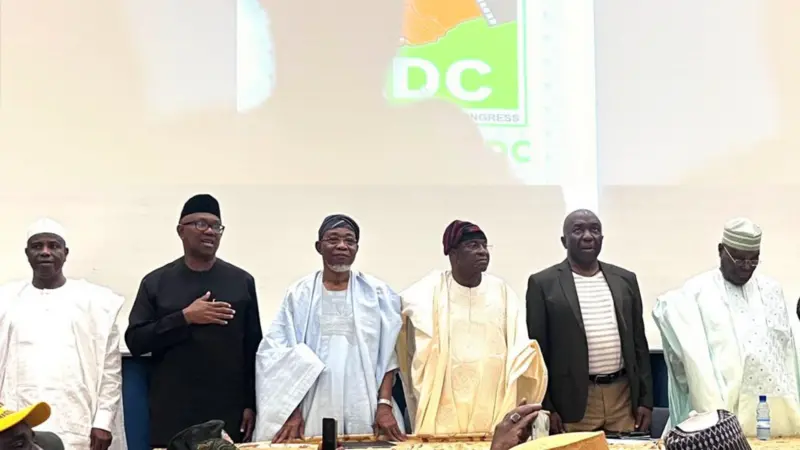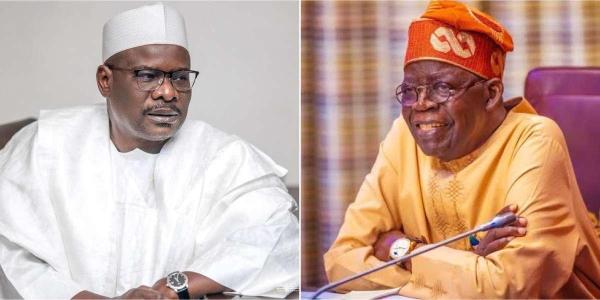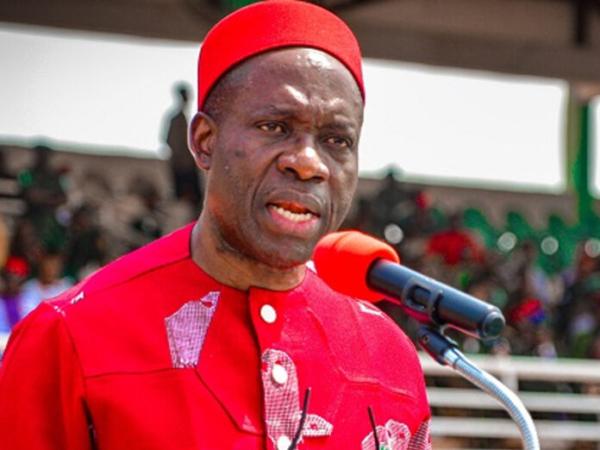
A former deputy chairman of the Indian Planning Commission, Mr. Montek Singh Ahluwalia, was a resource person at the just concluded retreat of the National Economic Council (NEC). Addressing State House journalists at the sideline of the two-day retreat, the former chief economic adviser to the Indian government recommended certain measures to address the current economic challenges confronting Nigeria. Excerpts:
Are there some similarities between India and Nigeria?
There are so many similarities. One of them is that we are clearly federal systems. Nigeria about 36 states, India has 30 states. Of cause, the sizes are very different. In India, the largest state, Utapradesh, has about 120 million people and the smallest state in the North East can range between 20 million, but most of them are in the middle of 50 to 80 million people. Difference in the sizes of the states is one thing, but like Nigeria, the states are very diverse and some are industrially advanced, others are more remote, economically a little more backward.
So, the central government, like in Nigeria, has to deal with states which are not independent but soft sovereign entities. They need help and so the central government gives them a lot of money. But they also need help in ideas and capacity building and many of these issues have been discussed in the National Economic Council meeting which I have been participating in. We have similar meetings in India and the subjects being talked about are extremely similar.
I would say that in order to make recommendations, you need to be an expert on Nigeria. I am not an expert on Nigeria. But I have tried to suggest things based on my own experience in India. One thing is very clear: the oil price collapse has led to a very big decline in growth in Nigeria, and nobody thinks that the oil price is going to shoot up in the short run. Nigeria has to recognize that the suffering of the oil price has to be there for a few years.
The Vice President made a very good point that we should not rely on oil as if it is everything. We should think that maybe we have to do without oil revenue. That is the best approach. Non-oil revenues in Nigeria are too small. Even if you compare Nigeria with other oil exporting countries, you have not enough non-oil revenue. So, the highest priority from a microeconoic point of view will be to develop the non-oil revenue base. The federal and state governments can do something about that.
I feel that the Value Added Tax (VAT) that the Nigerian government has introduced is at a very low rate, it has lots of excemptions and also the coverage is quite limited; it has not covered many people who should be covered. So, I think the top priority should be to modernize and improve the VAT so that it becomes a bigger source of revenue in the days ahead. I think that is possible. I also feel that when you are faced with huge expenditure demands and most of the states are making points about expanding infrastructure, one of the ways to generate revenue is to reduce energy subsidies. Nigeria has very high energy subsidies. Many countries have had high subsidies, and everyone has agreed that we should reduce these sharply because beneficiaries of energy subsidies tend to be high-income individuals who can afford plans to use energies. Some mechanisms must be found to reduce energy subsidies.
Nigeria also has a problem on the foreign exchange side. The naira is under pressure. You have an official rate and a much more depreciated free market rate. My view is that one should move to unify these rates.
There are different ways of doing that, but generally, to run a country with an official rate and a much more depreciated market rate introduces a lot of distortions and sooner or later, people think that the rate will go to the market rate. And in anticipation of that, money that will come in will wait until people think they can get a better rate. That is another important area in the microeconomic side.
I feel also that as we raise tax revenue which I think your government wants to do, it may take time for the revenue rise to occur. Your big strength is that you have a very low debt to GDP ratio which I think is about 16 per cent. Most other countries will be around 25 and 28 per cent and even up to 40 which is not regarded to be bad for a developing country. The problem in Nigeria is that you have not generated the revenues to sustain higher debt, but if you are doing that, that is, if you are taking the steps on the revenue side, you could perhaps anticipate in the success of those steps and borrow more in order to maintain expenditure. And if Nigeria wants to get growth back and generate employment, and so on, some expansion of investment in infrastructure is crucial--national and state level infrastructure. Our experience in India is that the development of rural roads induces huge increases in rural prosperity from varieties of things. A pregnant woman having a difficulty in delivering can get to the hospital faster if rural roads are good. Also, people selling new products and technologies go into the villages in order to find the market if the rural roads are good, but if the roads are not good, then, you get a bit isolated. We have been successful there in india and I am quite pleased that is what they are discussing here.
Nigeria does not have excessively high levels of expenditure. So, it is not a case of where you are spending too much in relation to GDP. What is true is that most of what you are spending goes on salaries. We, in India, are saying go into better education, better health. If you go into things like education and health, policing and security as well as justice delivery, you will have to hire a lot of people to deliver these services. The real question is: are the salaries too high? At least in India, for the higher skill jobs, the salaries are not too high. The same fellows getting much better salary are always in the private sector. Unfortunately for the lower skilled jobs, the public sector salaries tend to be higher than the private sector salaries. That creates a problem which is that the people who have jobs in the private sector always want jobs in the public sector. The reason is that government employment pays wages that are higher than market wage.






















